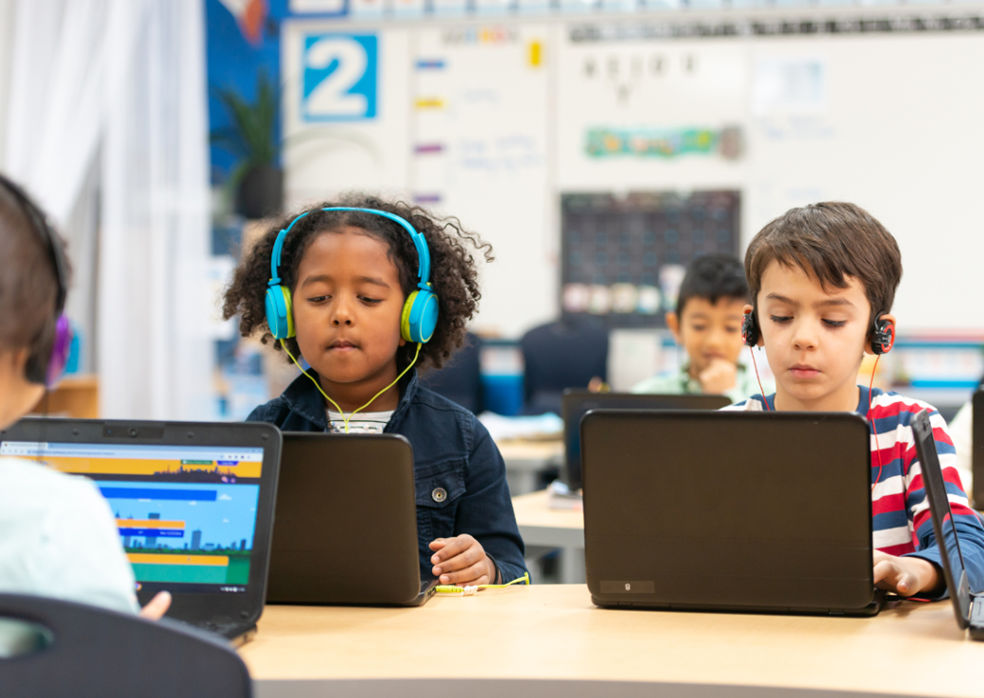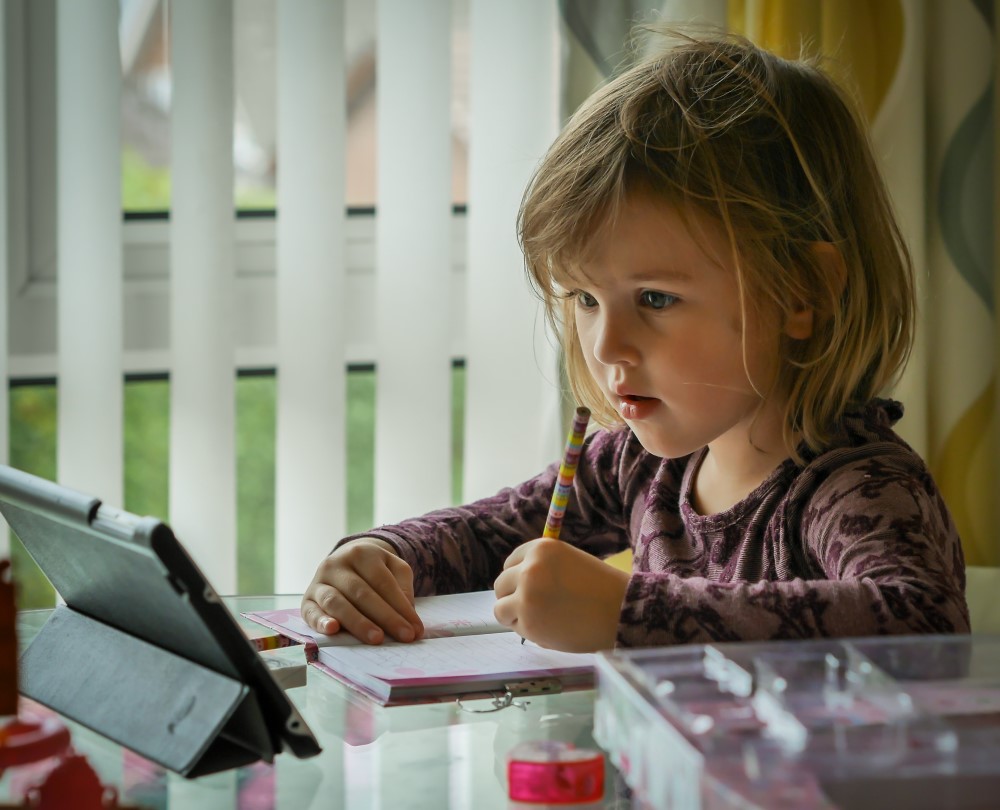This weekend brought yet more contradictions in the world of education. Read on to hear our Director of Education, Colin Green, discuss what needs to be done.
There were some much vaunted and welcomed initiatives, but alongside that there comes a stark warning about their likely impact. As Gavin Williamson, Secretary of State for Education announced a scheme to ensure vulnerable and disadvantaged families have access to technology to grasp its benefits, the BBC and Oak Academy launched their ambitious learning programmes and resources. A few hours later the Sutton Trust indicated that two thirds of children have not engaged with remote, online lessons.
How can such contrasting stories fill our airwaves and printed press? How can it be the case that so much is being invested in online resources and yet there is seemingly so little reward? There will be much review, much consideration and likely initiatives as a follow-up. But again, once this is all over will we be diverted from the unerring truths that are currently staring us in the face? Will we have the courage to address the real needs of schools and society at large?
30% of children have engaged with online learning – Online resources to be welcomed
Make no mistake, resources that are available through BBC Bitesize are a much-welcomed addition to the armoury of teachers and to parents and their children. The contribution of Oak Academy is to be welcomed alongside the online resources, free or paid-for, offered by a variety of companies (including my own). And there are schools that will make great use of them. There are schools such as Barton Hill Academy, Boxford Primary and Cuckoo Hall whose transition to remote learning has been a success whose children are engaged and are online. Yet still the Sutton Trust’s warning rings alarm bells.
Provision is only part of the story. Many schools undertake annual surveys to see what technology is available to families and we have seen over recent years the inexorable rise in access. Ofcom’s annual report tracks the changes and again shows the rise of both access and device ownership. Of course, it’s very easy to overlook the 28% of 8-11-year-olds that don’t use a tablet to go online or the 17% of 12-15-year-olds that don’t have a Smartphone. The DfE’s initiative may close the gap a little, but there remains a disparity between access and those who have engaged with online learning. So, what will make a difference?
The role of the teacher
The answer is simple. What makes the difference is the teacher. Quite simply, education, teaching and learning is a social activity. The importance of the teacher in the early years of education is central to its success. Teachers don’t deliver content! They engage, they motivate, challenge, direct, encourage, intervene, step back, step in. They have knowledge and skills; wisdom for which we should have the utmost respect. They are professionals and they need to be supported with appropriate resources and with trust and respect for the work they do. Teachers who understand the technology, who know how to interact through it and who have the confidence, are those who will engage the children.
Teachers have had the online tools at their disposal for many years, and yet in many schools the take up and use is limited or patchy at best. Some schools have allowed their provision to fall into limited usage, some have abandoned it altogether. But why? Quite simply, years of budget cuts and externally driven priorities have exhausted the profession. Their online provision is simply not part of day to day planning, is not used for effective collaboration and communication and doesn’t properly extend the teachers reach.
It’s not too late of course, companies can support schools to get online and can help with support and guidance, even now. In fact, the schools that are talking with us, currently have more opportunity for training and staff development and we can deliver this remotely and quickly. We have got one school online and up and running within 48 hours, with levels of engagement much higher than those reported by the Sutton Trust. But for lasting and greater impact it needs to become embedded in practice.
Communication and Intervention
Whilst there is a push on content, the teacher’s role is invariably about how children interact with that content. It goes beyond the notion of delivery. Children may spend hours online accessing content, but it won’t fill the void left by the absence of their teachers and peers. What children need, especially primary-aged children are the opportunities to communicate with their teachers, to have their attention, their feedback, to see and hear them read stories, to have them ask and respond to questions and to share in the joy of learning. During lockdown the only way to achieve this is through age-appropriate, safe online channels.
Review and future planning
Once this present crisis is over there will be review. There will be action. Schools will need to plan; the possibility of future lockdowns should be part of that thinking. And the response must be to build on the benefits and positives of online learning as an on-going component of good quality teaching, but not a replacement for it.
For schools to do so there must be change from above. The DfE must fund schools appropriately, must change course from its initiative and dogma driven approach, stop pushing favoured projects and support schools appropriately in such a way that they can make locally informed, professional decisions. Give them the resource, reduce inspection, interference and accountability, and promote professionalism. Give them the respect they deserve. Teachers are quite capable of choosing resources appropriately if they have the funding and the space to make the decisions needed.
I look forward to continuing my work with schools up and down the country once the current crisis is out of the way, in the meantime I’ll continue to support them remotely from my lounge or kitchen. The online world has much to offer… Anyone want a Speedy Maths challenge?
Colin Green
Director of Education
New Era Technology

 Australia
Australia Canada
Canada New Zealand
New Zealand UAE
UAE United States
United States








